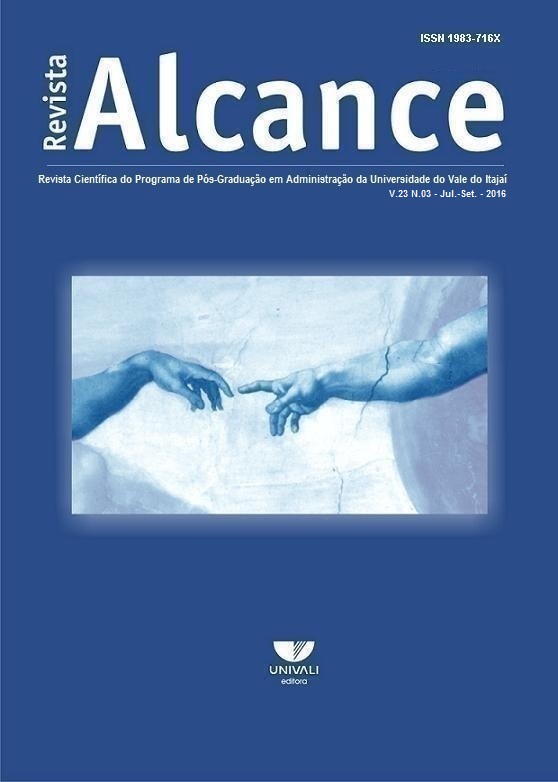THE MEANING OF WORK AND QUALITY OF WORKING LIFE FACTORS: PERCEPTIONS OF BRAZILIAN AND CANADIAN PROFESSORS
Published date: 29/09/2016

This study assesses quality of working life (QWL) factors among professors working in Brazil and Canada, and
correlates them with the meaning of work. The sample consisted of 274 Brazilian professors and 252 Canadian
professors. Data were collected through an online questionnaire sent to three public universities in Minas Gerais
and three universities of Quebec, in the first half of 2013. Through the questionnaire, the following factors were
evaluated: work purpose, autonomy, opportunities for professional development, relationship with colleagues,
moral righteousness, recognition, job security, workload and working hours per day and per week; these were then correlated with the “meaning of work” and “meaning at work” indicators. Canadian professors perceived more autonomy, professional development opportunities and recognition in the workplace than Brazilian professors. On the other hand, mental workload and working hours per week were higher in the federal universities of Minas Gerais than in the universities in Québec. Factors describing the characteristics of work and work relations were positively related to the meaning of work, while physical and mental loads were negatively related to the meaning of work.








